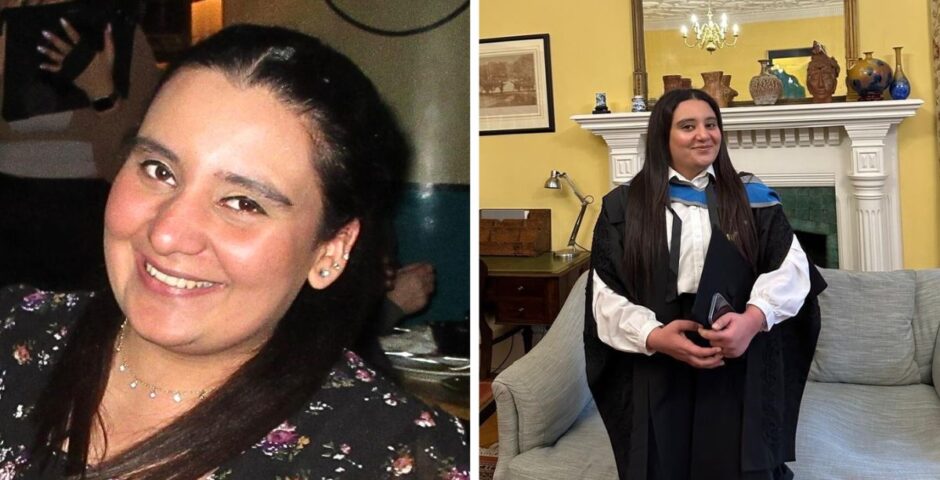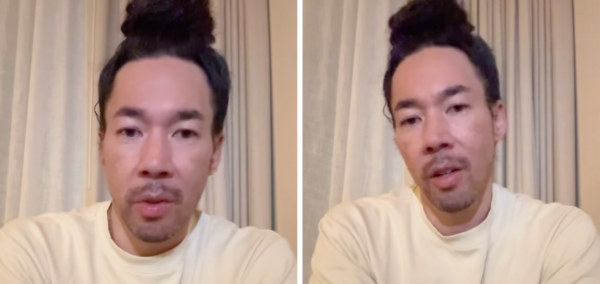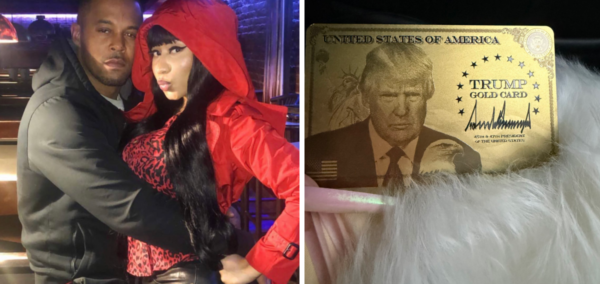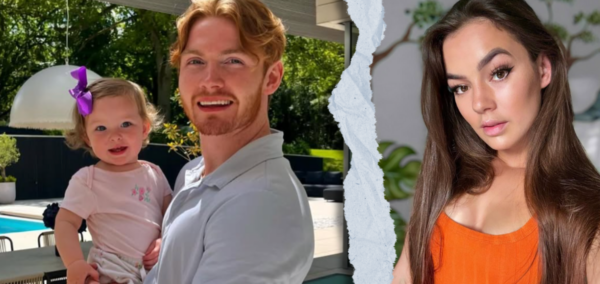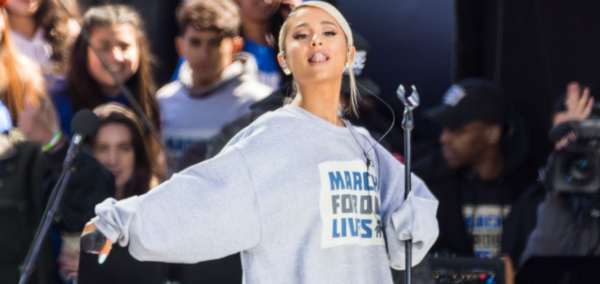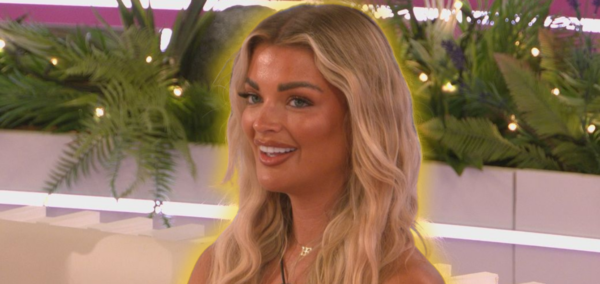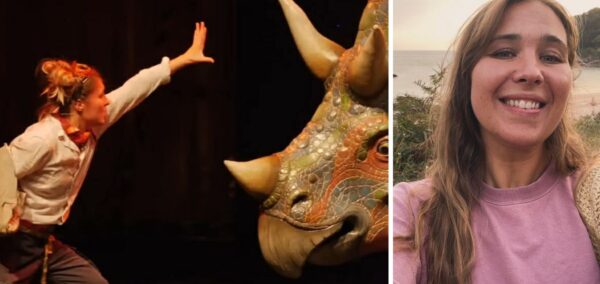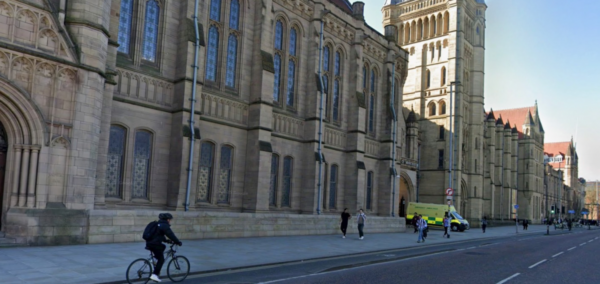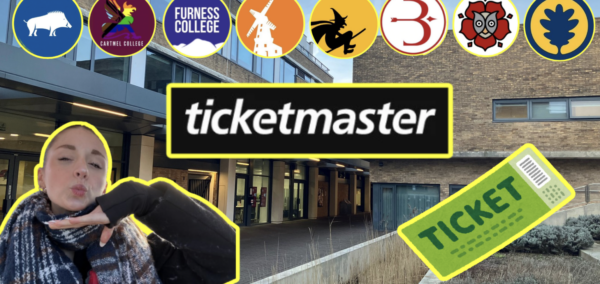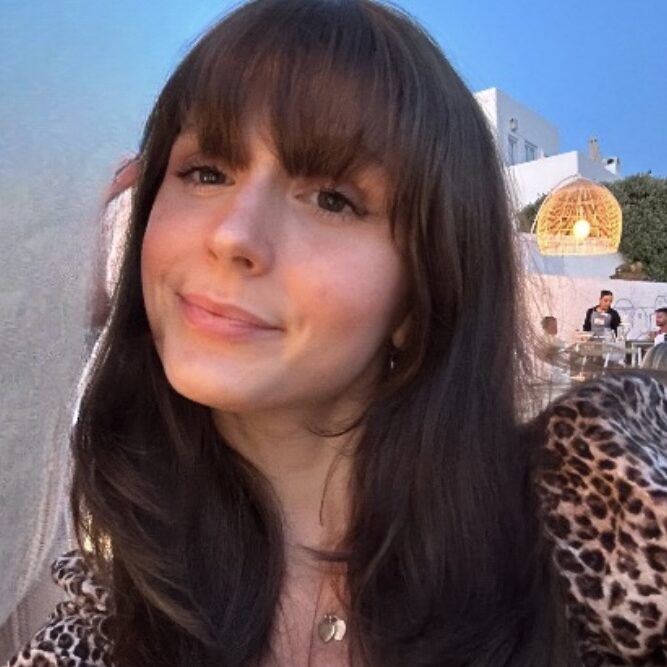ChatGPT and writing: How creative can AI get?
The rise of artificial intelligence should not warrant the death of creativity
It’s a well-known fact that ChatGPT, an OpenAI chatbot, has sparked many recent discussions among university students. Can I use ChatGPT to help me get a first? Can ChatGPT write my 3000 word essay for me?
As a creative writing student, I’ve often been told that, whilst my degree might not earn me the highest paying salaries at large corporations in the city, at least there will always be room for it. Where AI might one day take over customer service, retail or accounting jobs, I’ve always clung onto the hope that AI can never, at its little coded core, truly be a writer. Only humans can. Right?
People are not entirely sure if that’s true anymore. Are writers, authors and poets truly safe from the clutches of an OpenAI chatbot that can write an essay (albeit a mediocre one, a 2:2 at best) in the span of two minutes? It doesn’t need to do hours and hours of research and reading to fathom ideas, understand theories or arguments (not that I do myself). But how can writers compete?
I turned to our trusted friend ChatGPT to find out for myself. As a poet, I wanted to test if it could match my raw skill and prowess as a penman. I asked it to produce a poem, written in the style of Emily Dickinson, about unrequited love:

And there it was, in all its glory. Whilst it wasn’t particularly Dickinson-like (it reads rather generically instead), the rhyme scheme stuck out to me. Personally, poems with rigid rhyme schemes are not always my go-to. They’re rather jarring. To double check if we were both on the same page, I asked ChatGPT if they were aware that poems did not always have to rhyme:
Most Read

I was happy to find that we were. Thank you ChatGPT, I thoroughly agree. So, I asked it to write me a poem that didn’t rhyme this time:

And that happened. It still rhymed, despite my pleas. I decided to be blunt:

I’m getting desperate at this point. ChatGPT has failed me not once but twice, even when it specifically tried again.
It’s like warning a child to be careful after they break a plate by accident, but in their attempt to show you that they can in fact lay the table properly, they end up smashing yet another one in front of your very eyes.
I decided to be very specific this time:

And to no avail.
But the point of this experiment wasn’t to just highlight ChatGPT’s failure to produce a poem that does not rhyme – that is, admittedly, a rather specific request that doesn’t necessarily make it any less of an intelligent AI. It would be pedantic of me to condemn a hard-working, lovable little chatbot that’s just trying its best.
But here’s the thing. ChatGPT, in this instance, cannot fathom a rhyme scheme that goes beyond its repeated ABAB one. But more importantly, it cannot fathom heartbreak or the slow demise of youthfulness either. It will never feel – not the way that you and I do. Despite it’s admirable attempts to create poems in their styles, ChatGPT will never be able to truly understand and digest Dickinson’s queerness, or Shakespeare’s crazed theatrics. It can write, yes – but it will never be able to create, or project, human emotions.
True writing, creativity and emotion – whether it be simple rhyme schemes, unrequited love or the inevitably of fading youth – simply cannot be encapsulated by AI. Not really. While ChatGPT can certainly regurgiate the humanity within literature, it can never contribute to it.
Related stories recommended by this writer:
• As an English lit student, I’m sick of my degree being labelled ‘low value’
• We’re back! Here are six more of Leamington Spa’s best dinner date spots
• Strikes and a pandemic have left my uni experience in tatters. I want my money back




